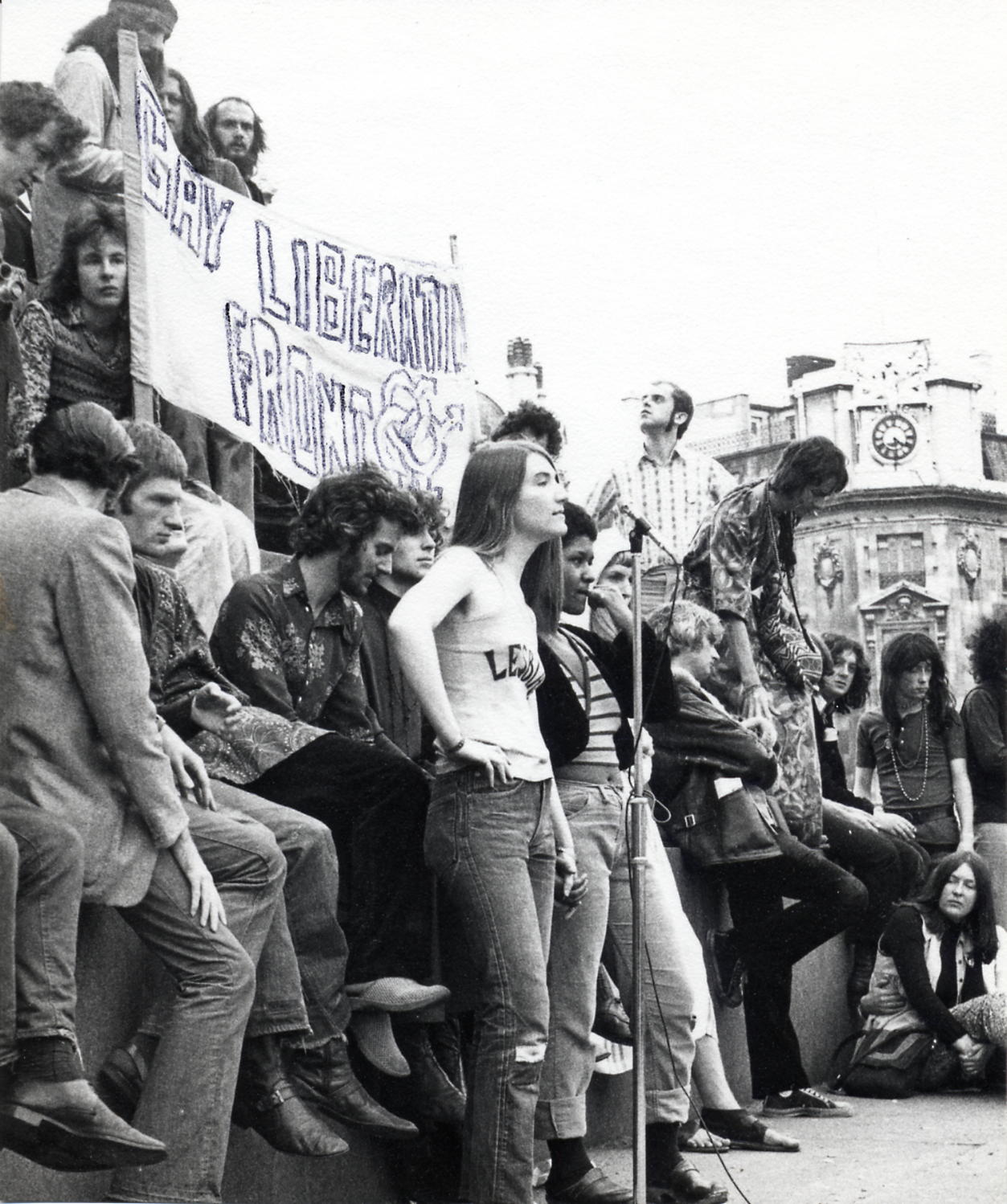Valentine’s Day – a day celebrating love and affection – was marked earlier this month. Snéha Khilay ponders on how the world could be a better place if all of us showed care and consideration to people all year round.

The name ‘Valentine’ is derived from Valens which means worthy, strong and powerful. It has been said that on Valentine’s Day, when people show their affection to others with messages of love, there is generally more care and consideration outside the boundaries of the ‘true love’ declaration towards each other.
So what would it take to maintain Valentine’s Day type of consideration, even affection for each other (whether work colleagues or strangers), on other days of the year? There would certainly be more harmony, creativity and better relationships. However, have we become so dismissive of other people’s feelings that what we say or how we respond either becomes a joke or a drama?
I recently attended a professional networking event. I introduced my business as supporting organisations in maintaining ‘Dignity at Work’ and explained that I conduct investigations into allegations of bullying and harassment in the workplace. A participant during the introduction round laughed and said, “I would love some harassment”. I have heard these types of comments more than a few times. Although I could spend time analysing the reasons behind an individual making this sort of comment, the manner in which the individual made the comment seemed to indicate that they were negating and minimising the effects of being harassed. By using humour as a mechanism to build rapport, the individual actually did not do himself any favours leaving others with the impression that he did not care.
We all make mistakes and have invariably used the (hopefully only occasional) (politically) incorrect phrase/term. With the ongoing changes in the definition of particular words, there can be a sense of uncertainty as to what is acceptable or not. During a conversation with a stranger at a conference, within the appropriate context I used the phrase ‘talk about calling it a spade’. His response was to walk away, calling over his shoulder, “I find the term offensive”. I was left feeling incredibly uncomfortable and flabbergasted. Part of my discomfort was that I didn’t know what I had ‘done wrong’.
I discussed the scenario with trusted colleagues and it transpired that, during the 1960s and 1970s, a reference to a spade was associated with being black. I did not know this. On reflection, I wish the ‘stranger at the conference’ had explained to me why he found the term to be offensive as opposed to taking what I perceive to be the easier option of walking away.
I have noted that there are a minority, somewhat vocal few, who are unwilling to adapt to the changing language patterns / meanings. One participant at a training session was rather indignant when it was brought to her attention that ‘having a ‘blonde moment’ is not considered to be an appropriate term in professional (and other) situations. She wanted to continue to use this term when she has been forgetful or not intellectual. It was explained that the ‘blond moment’ phrase relates to a misguided belief that blondes are considered to be less intelligent and continuing to use this term helps maintain the belief that it relates to blonde women in general. The participant was adamant that, if she wished to use this term, she should be allowed to do so and that other people needed to accept her use of this terminology. She added that it was her choice about the language she used and that, if other people found it offensive, this was their problem.
There are common human yearnings; respect, courtesy, good manner and ‘love’, all essential features of building strong relationships. Sadly, in these times of differing values, boundaries and acceptability criteria, it is sometimes difficult to see these traits. Archbishop Tutu says: “We can be human only together”. If we are to evoke kindness, intelligence, accountability and learning, it is important to promote healthy relationships. People can learn from each other, find support, create solutions and gradually discover and consensually develop new ways of thinking and behaving. This can only happen when there is trust and understanding. For me that becomes the philosophy of Valentine’s Day and epitomises the meaning of ‘Valens’: worthy, strong and powerful.
 Snéha Khilay is a diversity and leadership consultant/trainer. She specialises in supporting organisations in meeting their statutory equality and diversity requirements. Snéha carries out consultancy and training on Diversity and Inclusion, Managing Diversity and the Law, Cultural Competency, Dignity at Work and Conflict Resolution. She conducts independent investigations and mediation for organisations into allegations of bullying and harassment. Snéha has published articles on diversity and leadership in Management Today, Start Your Business, Simply Business, Professional Manager, Change Board, People and People Management. Visit Snéha’s website at www.bluetuliptraining.co.uk
Snéha Khilay is a diversity and leadership consultant/trainer. She specialises in supporting organisations in meeting their statutory equality and diversity requirements. Snéha carries out consultancy and training on Diversity and Inclusion, Managing Diversity and the Law, Cultural Competency, Dignity at Work and Conflict Resolution. She conducts independent investigations and mediation for organisations into allegations of bullying and harassment. Snéha has published articles on diversity and leadership in Management Today, Start Your Business, Simply Business, Professional Manager, Change Board, People and People Management. Visit Snéha’s website at www.bluetuliptraining.co.uk



